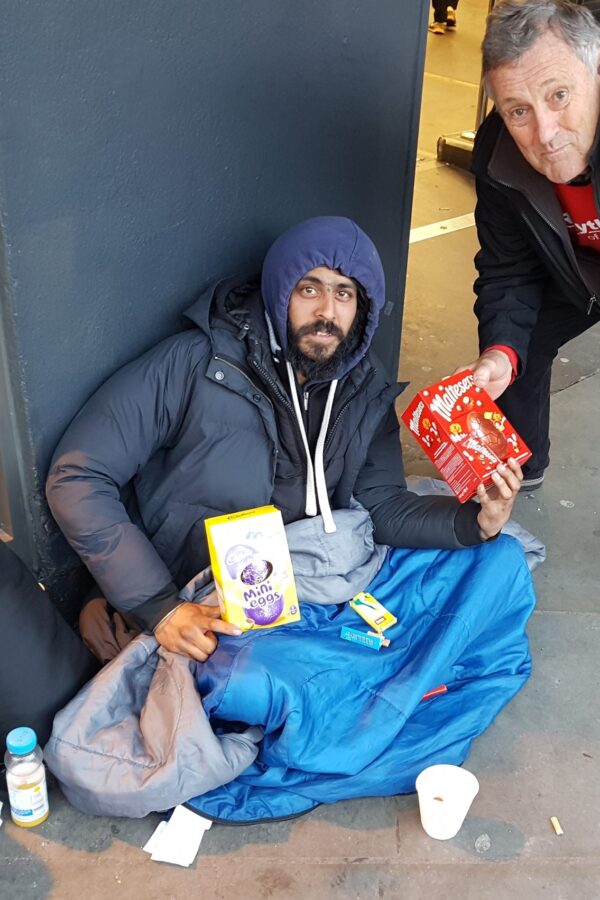
This is where you set aside a portion of all you remaining estate after funeral expenses, debts and other gifts in the will have been paid. This kind of gift is generally the most popular. There are few people who can afford to make substantial cash gifts during their lifetime, but many can make a big difference when leaving a legacy donation.
How to make a gift in your will to Rhythms of Life
If you would like to make a gift in your will to Rhythms of Life, there are three main ways you can do this. If you are unsure, your legal adviser should be able to help you make the right decision for your particular circumstances.
1. Residuary Gifts
The ‘residue’ of an estate is everything that is left in your estate after all debts, bills and taxes have been paid and all specific and non-specific gifts have been distributed. Leaving the residue of an estate to a named beneficiary is called a ‘residuary gift’. Residuary gifts are a common way to ensure that all remaining property passes to your chosen beneficiaries, rather than falling under the intestacy rules.
2. Pecuniary Gifts
These are specified sums of money. While we welcome all gifts and will put them to good use helping the homeless, it is worth noting that monetary values will devalue over time if you decide on this option.
3. A specific gift
This is a specific, named item. For example, It could be a work of art, a vehicle, or a piece of jewellery.
Restricted and Unrestricted Gifts
As well as making a gift in any of the above three categories, you can choose for your gift to be unrestricted or restricted. Unrestricted or general gifts are the most helpful because they enable us to use your gift in whatever way it most benefits homeless people. A restricted gift is one that is used to support a particular area of our work specified by you.
The Government has produced a set of guidelines on making and storing wills. It is available at https://www.gov.uk/make-will.
